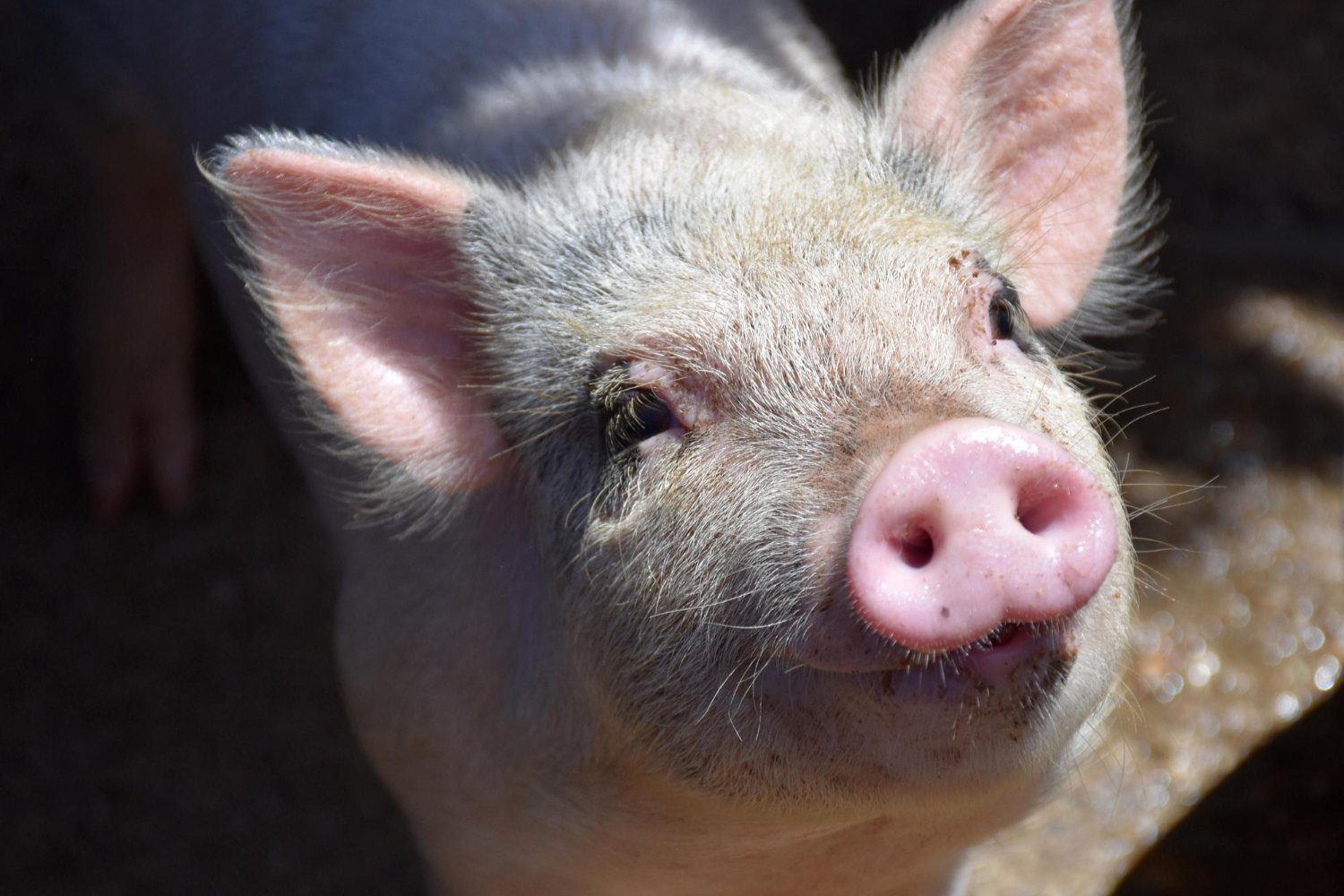
When a baby tooth falls out, a new adult tooth emerges to take its place. However, losing an adult tooth limits your choices to dentures, titanium implants, or a noticeable gap. Thankfully, a promising new alternative may be on the horizon: lab-grown teeth.
Scientists at Tufts University School of Dental Medicine have successfully cultivated a combination of human and pig tooth cells in pig jaws, paving the way for potential advancements in human dental replacements. Their findings, published on December 27 in the journal Stem Cells Translational Medicine, revealed that this bioengineered tissue was implanted into the jaws of test pigs, where it continued to develop tooth-like structures.
“The longevity of dental implants can be concerning given their average lifespan of around 15 years, potential for jawbone loss, and the risk of peri-implantitis. Developing functional bioengineered teeth made of living tissues that mimic the properties of natural teeth would represent a significant advance over conventional titanium implants,” stated Tufts researchers Weibo Zhang and Pamela Yelick in their study. “Our research aims to create biological substitutes for lost teeth.”
Zhang and Yelick extracted cells from the enamel of pig teeth and the dental pulp of human teeth, among other human cell types, and placed them onto a scaffold—essentially, a biodegradable tooth-shaped framework crafted from pig tooth components, as reported by MIT Technology Review.
“The bioengineered tooth bud constructs were then implanted into the mandibles of adult Yucatan minipigs and monitored for 2 to 4 months,” Yelick and Zhang elaborated. They opted for mini pigs due to the anatomical similarities between their jaws and those of humans.
Picture the scene—natural pig teeth growing alongside engineered, human-like counterparts, creating a fascinating contrast. After the growth period, the researchers were pleased to observe the emergence of tissue resembling teeth, including robust layers akin to dentin and cementum.
“While they aren’t fully formed teeth yet,” Yelick remarked to MIT Technology Review, “we are hopeful that we will eventually develop a functional biological tooth substitute for those in need of replacement.”
As Yelick emphasized, further investigations are essential before this innovative technique becomes a practical option. Nevertheless, their findings contribute to a broader array of research exploring bioengineering’s potential in creating tissues and organs, offering patients superior alternatives to temporary synthetic materials or lengthy donor waiting lists.









